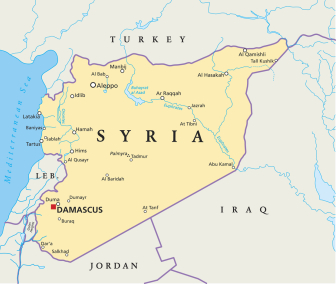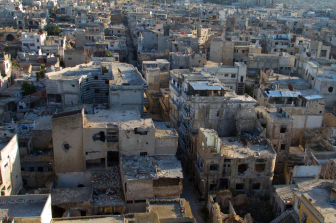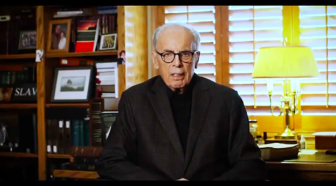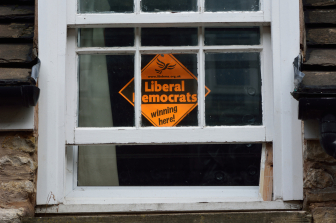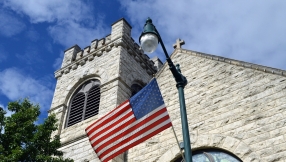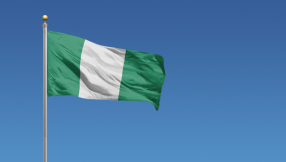
The Archbishop of Canterbury's representative to the Holy See has reserved judgement on what the Pope's resignation will mean for Anglican-Catholic relations.
According to the Anglican Communion News Service, the Very Reverend David Richardson said the implications for Anglican-Catholic relations will "depend on who is elected to succeed him".
Mr Richardson, director of the Anglican Centre in Rome, said Anglican-Catholic dialogues would continue despite the leadership change.
There have been rifts in relations over thorny issues like the ordination of women and homosexuality, with some Anglicans choosing to leave the Communion and join specially established ordinariates within the Catholic fold.
Despite these challenges, Pope Benedict XVI made history by becoming the first pontiff to visit Lambeth Palace, the official residence of the Archbishop of Canterbury, during his visit to Britain in 2010.
Mr Richardson insisted that the Anglican-Roman Catholic International Commission – a formal dialogue between the two Churches started in 1967 and now in its third phase - was "working very well".
"I imagine it'll be business as usual," he said.
Commenting on the Pope's decision to resign, Mr Richardson praised his courage.
"I'm shocked, but on the other hand there's a little voice that's telling me: 'You shouldn't be shocked, you should be impressed that he had the integrity and courage to follow through on that.' It's a courageous thing because it's so unprecedented," he said.
"Pope Benedict has, on more than one occasion, hinted that if he found that his health wasn't robust enough to do the job he would resign. I imagine that because [resigning] is so unprecedented none of us gave his comments the weight that perhaps, in hindsight, they deserved."
He added: "Just because it hasn't been done isn't a reason that it shouldn't be done. Maybe the action itself will be another thing we [Anglicans and Roman Catholics] have in common."
